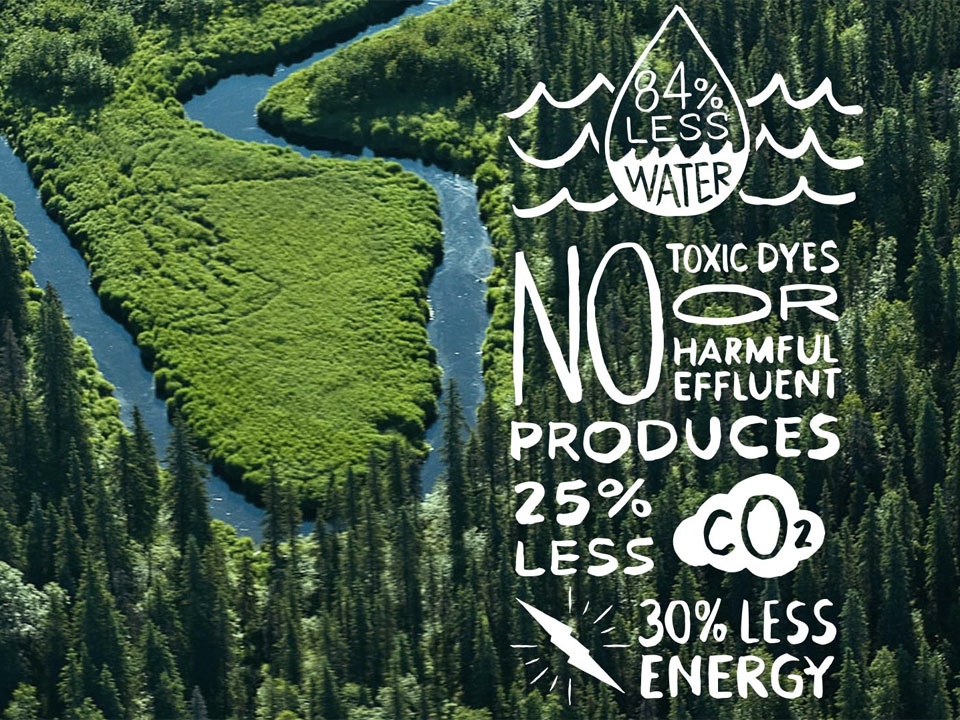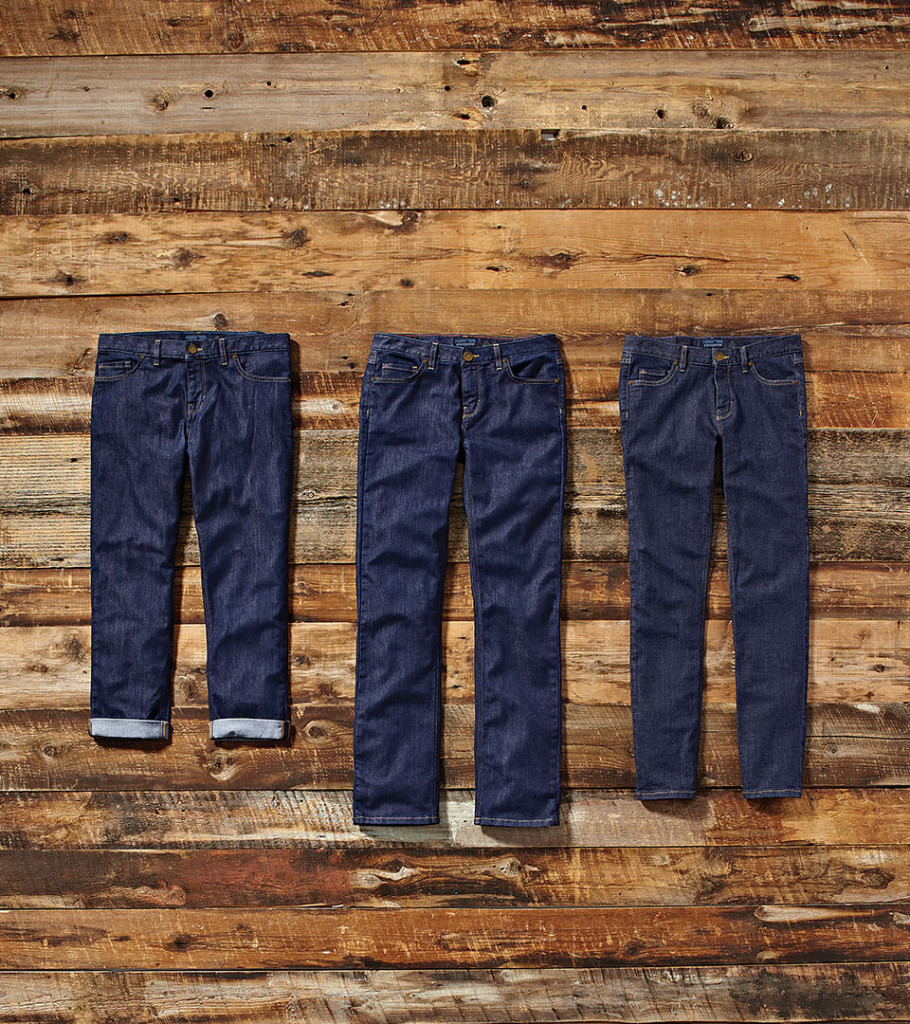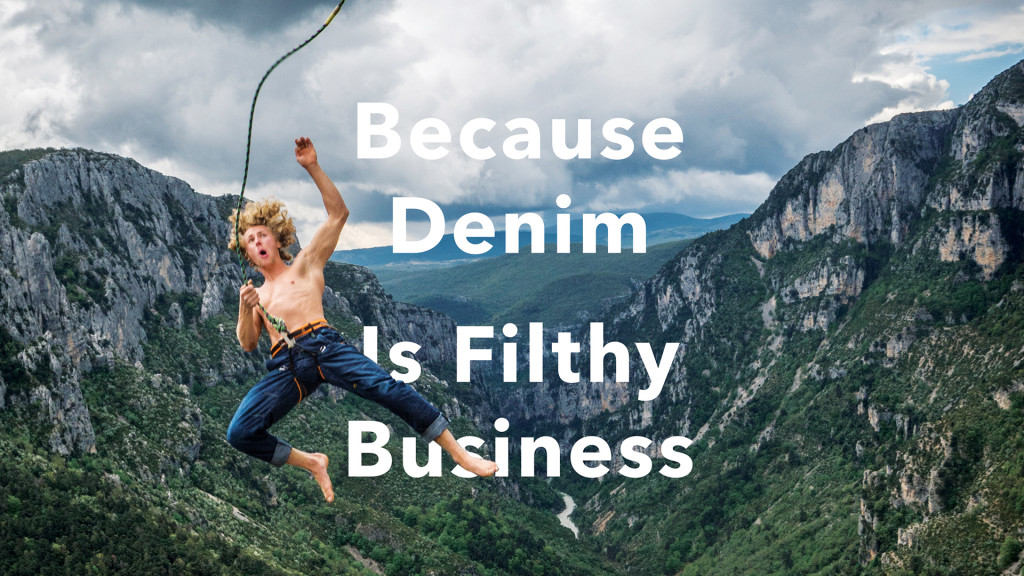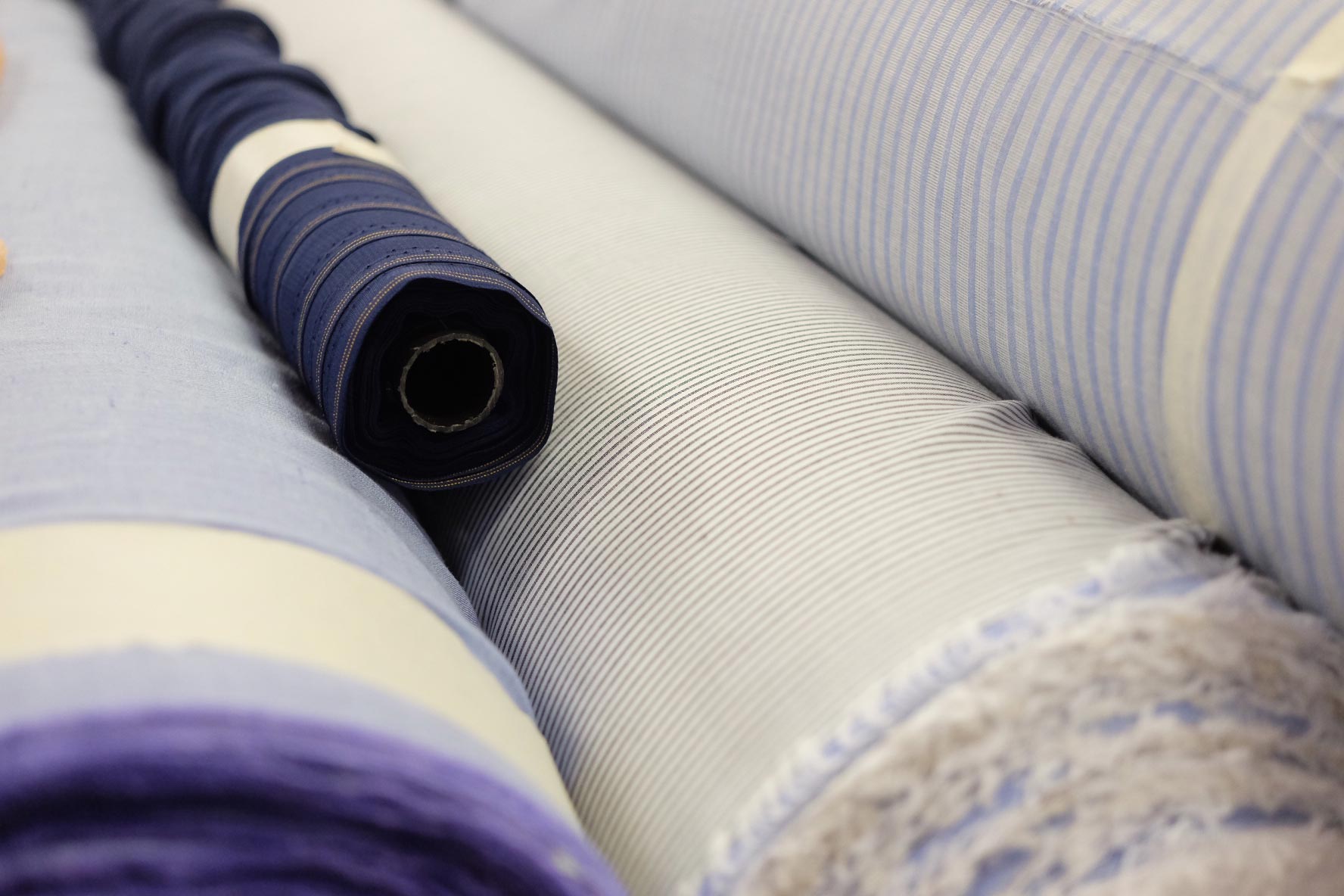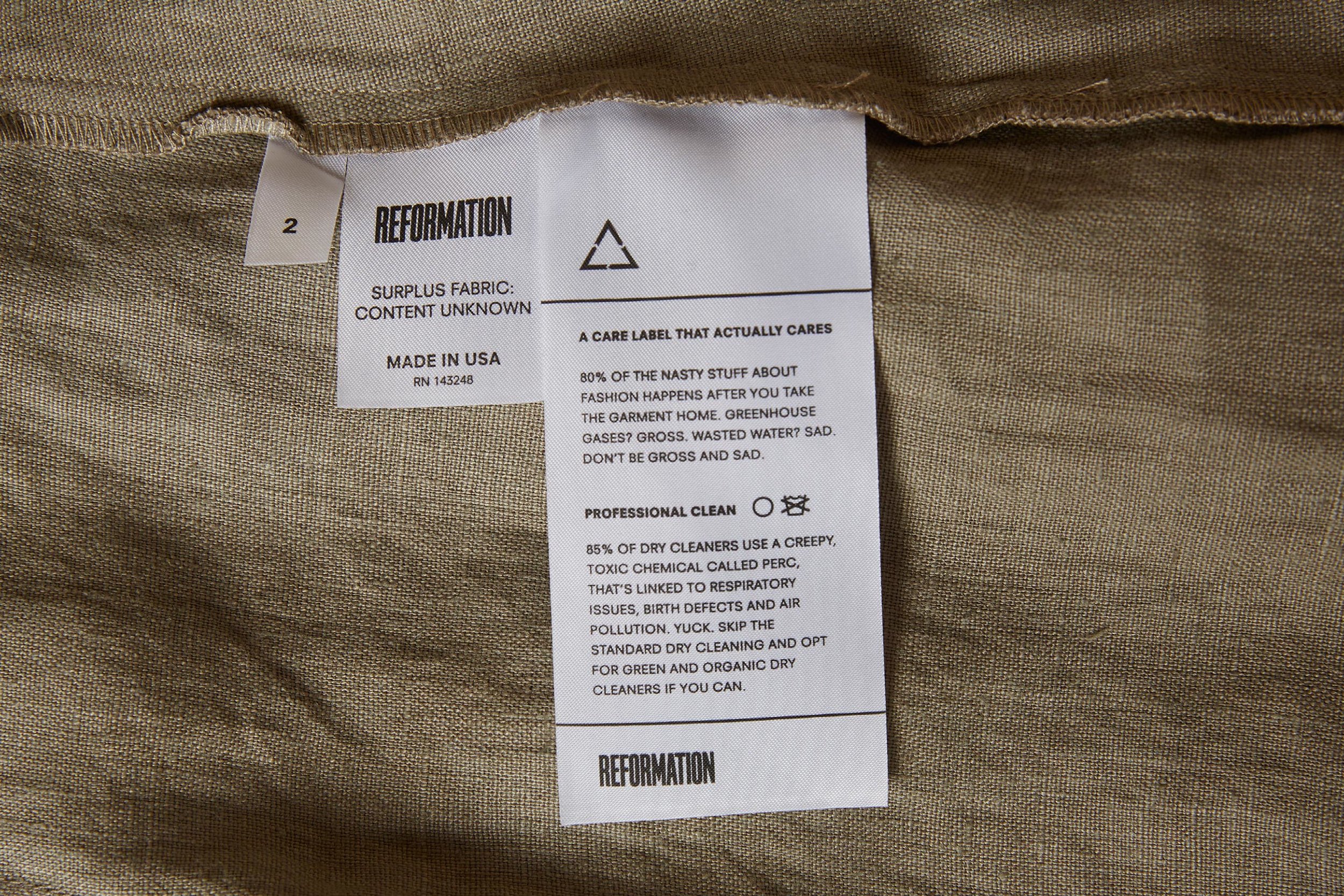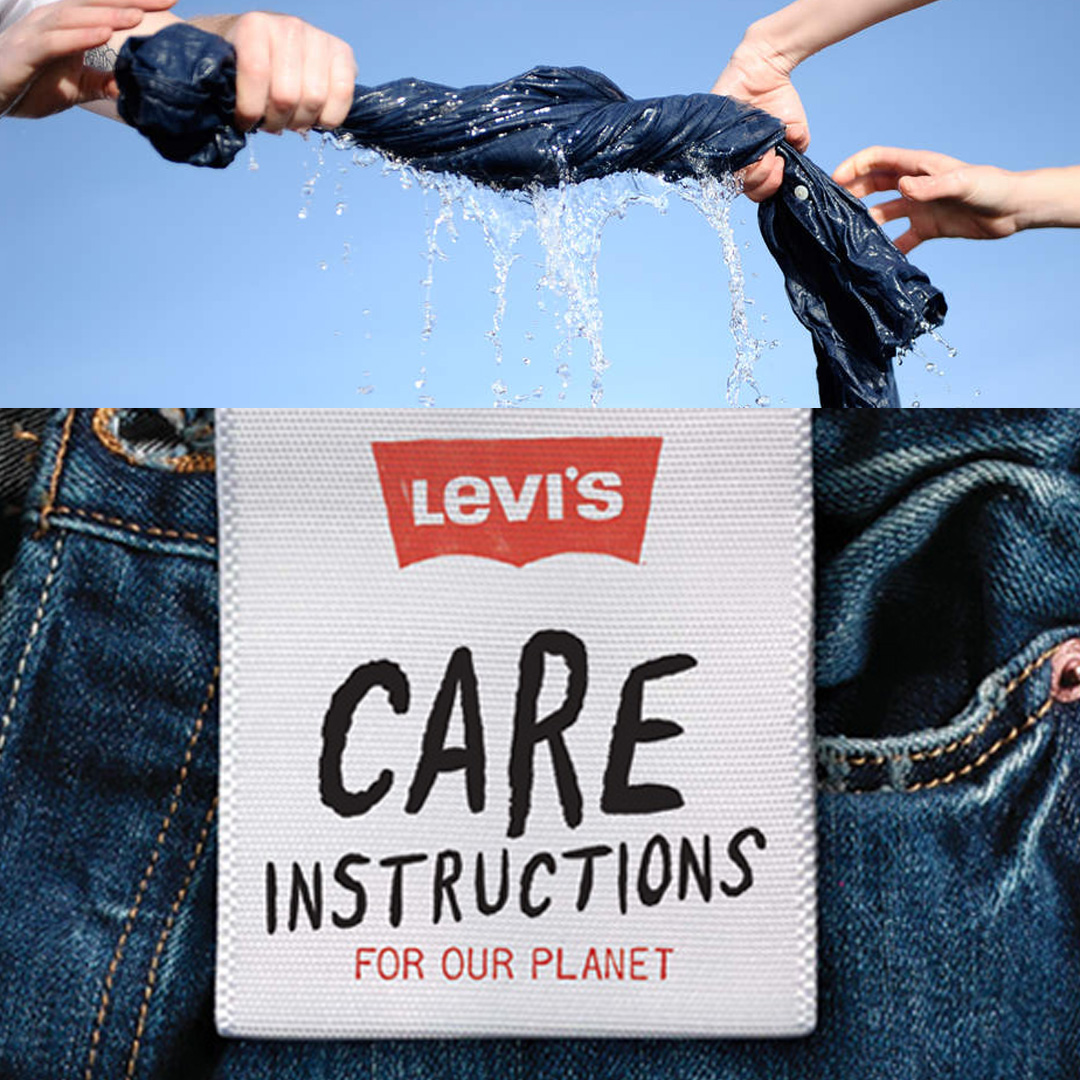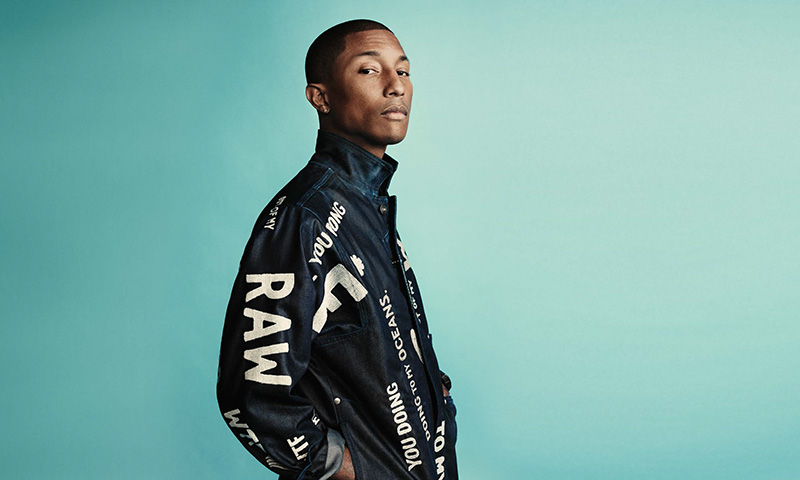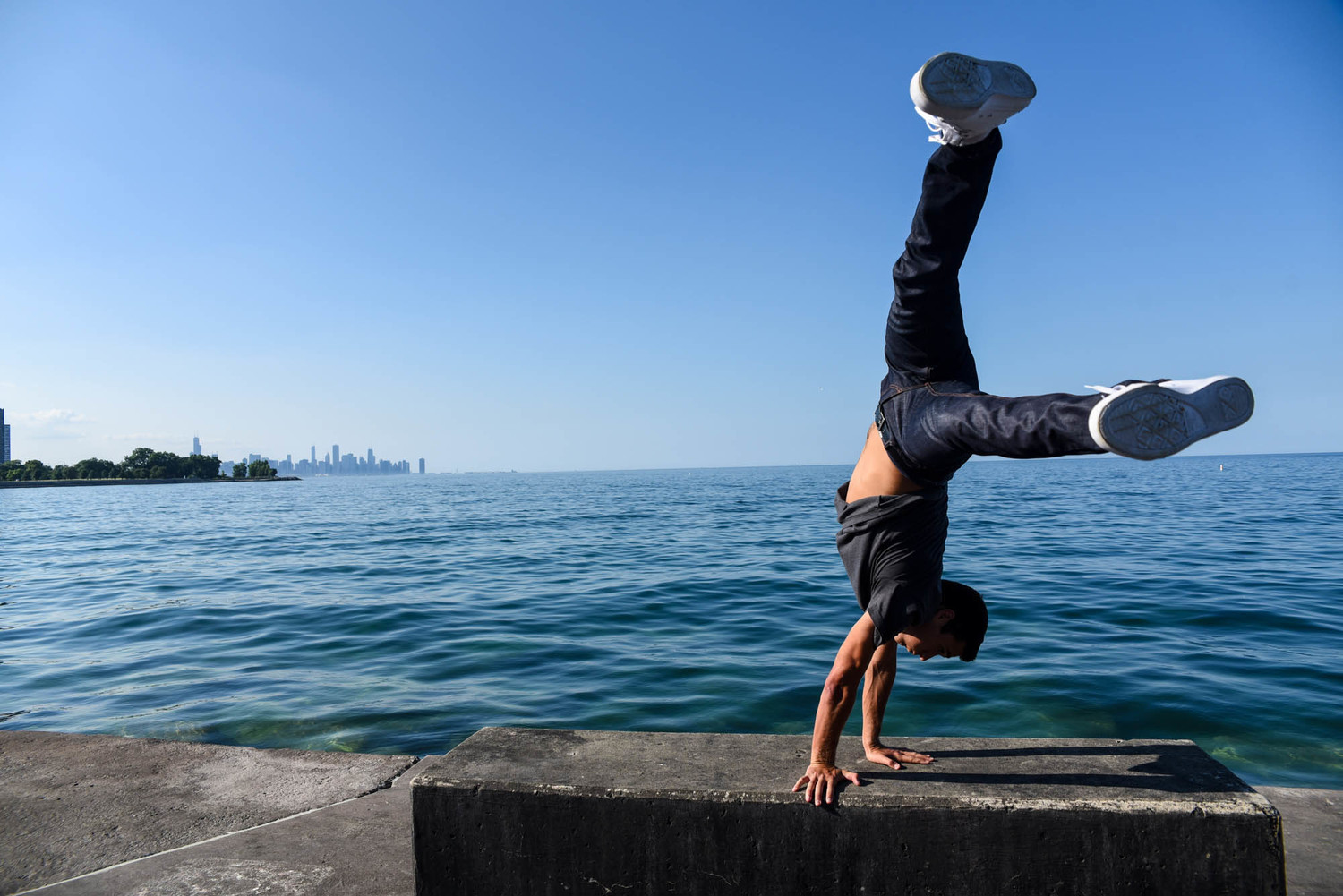The return on investments in science, creativity and people were evident at Kingpins Amsterdam and Transformers, where sustainability was the leading story for almost all of the denim mills.
“The momentum on sustainability is at all levels,” said Tricia Carey, Lenzing director of global business development for denim. “There is now a concern from fiber to finished garment.”
The seminar series, Transformers, raised questions about the cost of sustainability. Speakers included representatives from Target Corporation, Lenzing, Jeanologia, Sai-tex, BlueSign, BCI, Bayer e3, Garmon, Archroma and more. “This is a wonderful opportunity for the denim leaders to connect and address industry challenges together,” said Andreas Dorner, Lenzing commercial director for U.S. and Europe.
At Transformers, Dorner presented about the value of sustainability, specifically Lenzing’s latest innovation, Refibra. He explained how the industry works together to develop new ideas and the process in which Lenzing is reusing post industrial cotton scraps to make a new fiber called Refibra™ branded lyocell fiber. Dorner said time and financial investment is necessary to creating a more sustainable denim and apparel industry. “There is no balance sheet about the costs of environmental damage,” he quipped.
Denim experts agreed. At Transformers, fashion and sustainability journalist Paulina Szmydke-Cacciapalle stressed the fact that sustainable practices and innovation ultimately pay for itself, adding that companies with high ratings for CSR and ESG factories have lower costs of debt and equity. Meanwhile Target Senior Designer of Denim, Kristin Kimm, shared how the U.S. retailer is taking a lot of small steps to make a big impact in offering the end users sustainable products for value prices. “It’s a marathon, not a sprint,” Kimm said.


